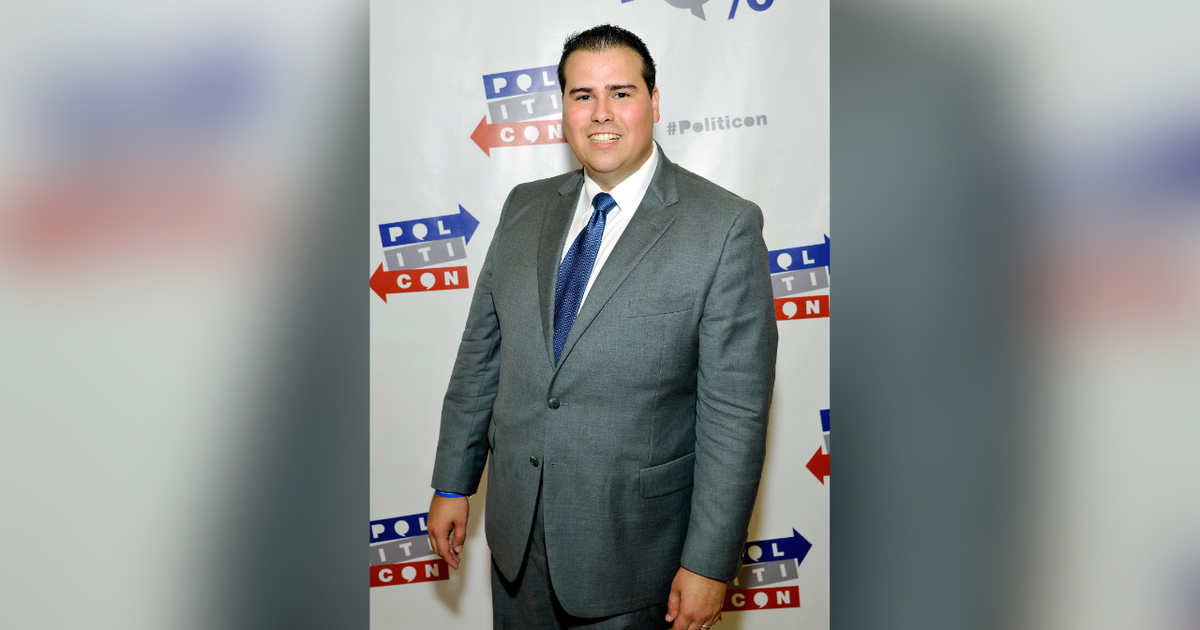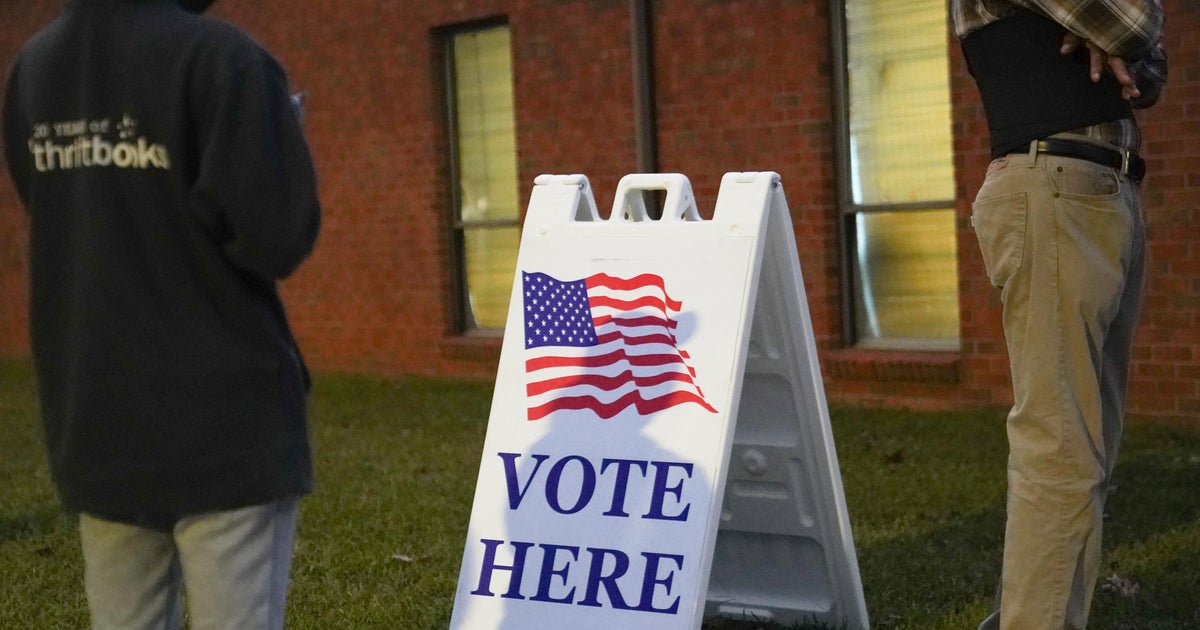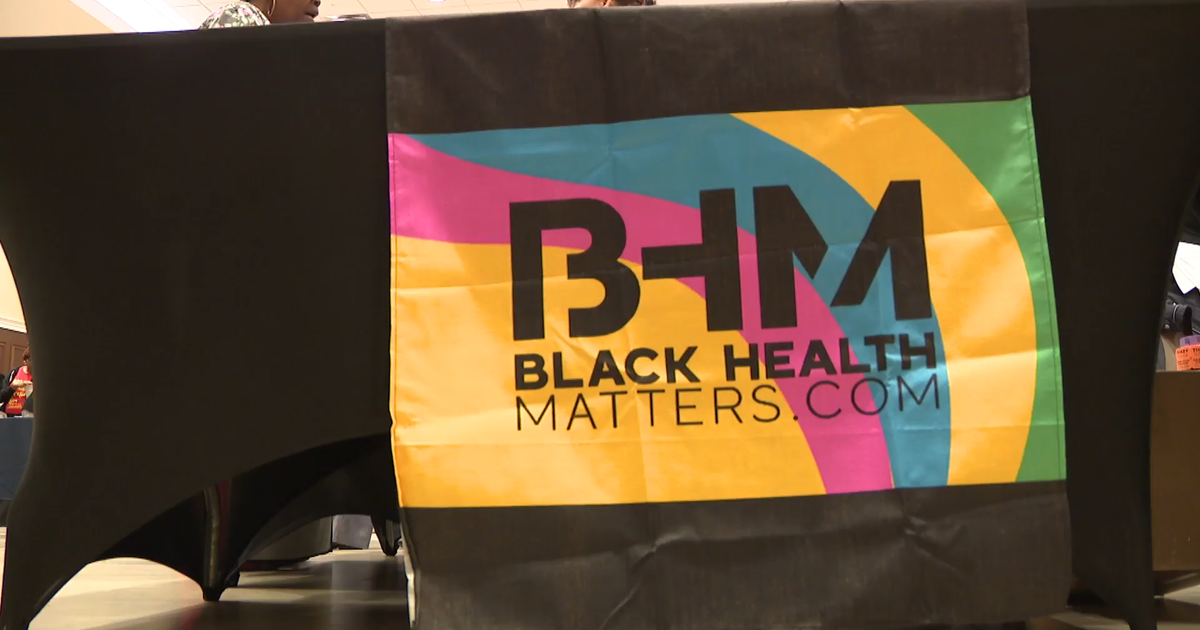Sandra Fluke Seeks Wider Influence In California
SACRAMENTO (AP) - The former Georgetown University law student who gained national attention for being denied a chance to testify in Congress for health plan contraception coverage - and then was subjected to degrading comments by radio host Rush Limbaugh - is hoping to make public policy of her own.
Sandra Fluke is running as a first-time candidate for a seat in California's state Senate to represent some of the most affluent communities of Los Angeles County, a district that stretches from the Hollywood Hills to the Palos Verdes peninsula.
In a district where Democrats outnumber Republicans 2-1, Fluke is campaigning on an agenda that includes subsidized early education, greater environmental protection, expanded public transit and public matching funds for political campaigns, not to mention her advocacy of women's rights.
Fluke said she saw an opportunity "to grab that microphone and make use of it" after she was thrust into the spotlight two years ago.
She drew attention in February 2012 after congressional Republicans denied her a chance to testify about wanting her college health plan to cover birth control. After she spoke to a panel of Democratic lawmakers, Limbaugh compared her to a prostitute. He later apologized.
"I don't think that my time in that situation is what in any way qualifies me for office, but I think it gives voters an example of what my leadership looks like," said Fluke, 33. "You can see that I don't back down from my position, that I'm willing to stand for my community's needs regardless of the consequences for me."
Despite the name recognition, her road to the state Capitol is not a sure one. Fluke finished second in a field of eight candidates during the June 3 primary and faces fellow Democrat, Ben Allen, who has a wide network of connections in the district, in the November general election.
She initially considered a run for Congress after Democratic Rep. Henry Waxman announced his retirement but decided against it after high-profile candidates entered that race.
Fluke decided to run for a newly created district in the 40-member state Senate because the Legislature is where "I can actually have a policy impact," she said. Democratic state Sen. Ted Lieu, who represents the current, overlapping district, is running for Waxman's seat.
Allen, 36, is an attorney and Santa Monica school board member who has received broad support from Republicans and independents, who account for 43 percent of the district's voters. He is single.
Allen was helped by nearly $600,000 in independent expenditures from businessman and independent congressional candidate Bill Bloomfield, who has a history of backing Republicans such as Sen. John McCain and House Speaker John Boehner. Bloomfield is active with No Labels, an organization dedicated to electing centrist candidates.
Allen said he is proud of his record in reaching out to work with people who have different perspectives. The Santa Monica native hopes his commitment to the community will trump Fluke's name recognition.
"I think it's about roots. It's about temperament. It's about substantial policy-making experience," Allen said. "I've got a track record of working with people from all across the political spectrum to get things done."
Allen has raised at least $443,388, including more than $50,000 from his law firm, Richardson & Patel LLP, while Fluke has raised about $500,000, including $175,000 from her own loans and contributions, according to campaign finance reports.
Fluke is a social justice attorney who represents victims of human trafficking and domestic violence and also does nonprofit advocacy. She lives with her husband, writer and producer Adam Mutterperl, in West Hollywood.
She's been endorsed by EMILY's List, Planned Parenthood and California NOW.
Scott Lay, who studies California political races for his website AroundTheCapitol, said it's difficult to predict how voters will react. He said Fluke could have an edge if women vote in response to the U.S. Supreme Court's decision that exempted some businesses with religious objections from covering women's contraceptives in their health plans.
"All national analyses right now are that the 2014 election is going to be largely decided by white women, particularly those between say 40 and 55," Lay said.
Copyright 2014 The Associated Press.







